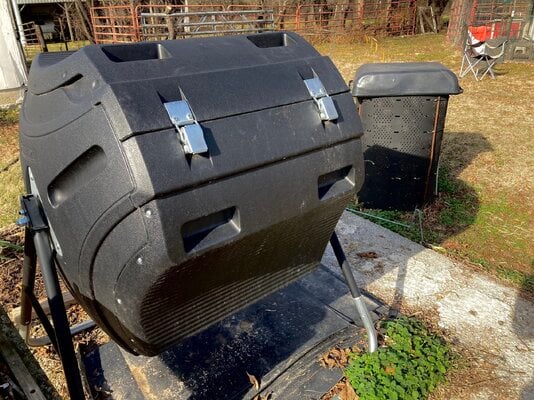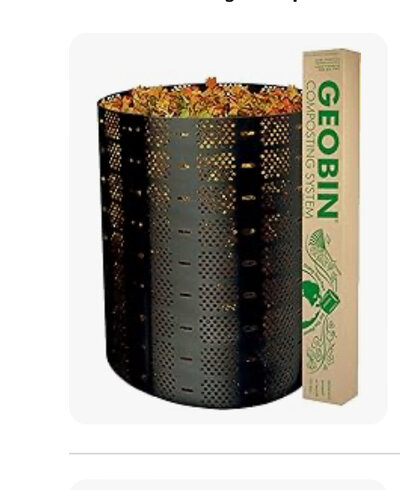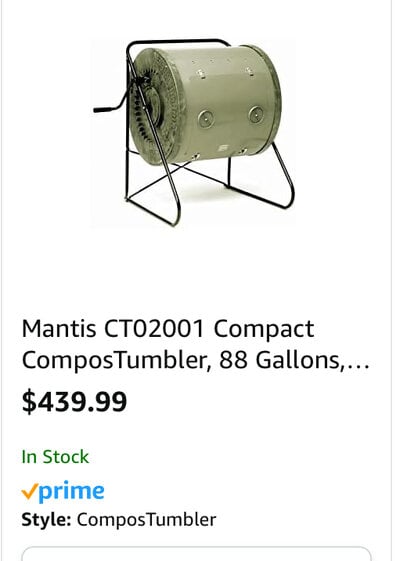So I'm new to gardening in general. Last year was my first year, and it did as well as I could have really hoped for considering I dove in without much knowledge.
This year, I like the idea of compost, but I don't know if it's just my wording incorrectly, but it's very hard for me to find much information. My main questions are
1) difference between brown and green? I know you beed a certain Ratio of one to the other, but I don't know what is in the different groups
2) do you need worms or other critters? I'm looking at a hand turning bin, and I don't think worms would survive in there if I'm being honest
3) how do you know when it's ready? Should it just look like dirt?
4) do you just use it as a dirt substitute if you have enough? Or do you only put it on the top of the soil?
I can link the bin I'm looking at if that would help with questions. A lot of people here just buy new dirt every time they need more, ans that isn't feasible costwise for me where I am right now. I get about as much cardboard and plant waste as I could want, i I figured I may as well try to use it if I could figure out how to compost
This year, I like the idea of compost, but I don't know if it's just my wording incorrectly, but it's very hard for me to find much information. My main questions are
1) difference between brown and green? I know you beed a certain Ratio of one to the other, but I don't know what is in the different groups
2) do you need worms or other critters? I'm looking at a hand turning bin, and I don't think worms would survive in there if I'm being honest
3) how do you know when it's ready? Should it just look like dirt?
4) do you just use it as a dirt substitute if you have enough? Or do you only put it on the top of the soil?
I can link the bin I'm looking at if that would help with questions. A lot of people here just buy new dirt every time they need more, ans that isn't feasible costwise for me where I am right now. I get about as much cardboard and plant waste as I could want, i I figured I may as well try to use it if I could figure out how to compost





